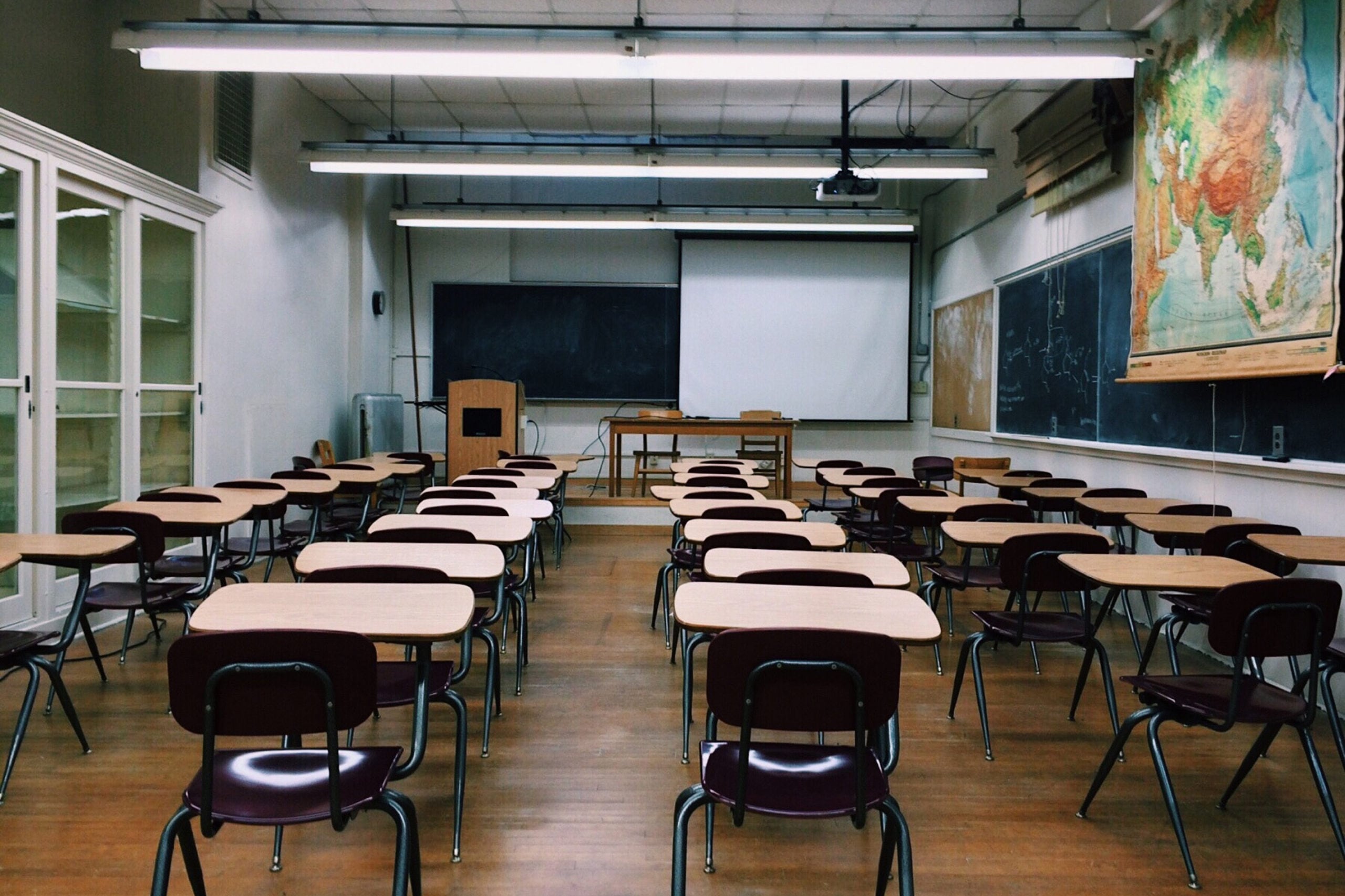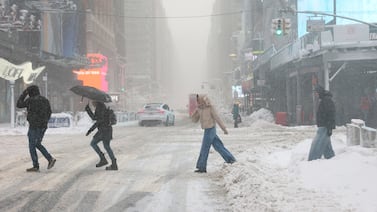Indiana schools could lose state funding if they don’t open for in-person instruction this year, the state Senate leader warned school leaders in a letter Thursday.
State leaders have “a strong appetite” for making sure schools offering different options remain fully funded, Senate President Pro Tem Rodric Bray wrote. “However, there is no guarantee such an exception will be made for schools that don’t give families the option of in-person instruction in a school building,” he added.
Districts operating completely remotely would only be eligible for 85% of per-pupil state funding under current state law that gives reduced support for full-time virtual learning, Bray said.
That puts pressure on districts such as Indianapolis Public Schools and Washington Township schools, which chose to start the school year remotely after teachers and families raised concerns over returning to classrooms amid rising coronavirus cases in Indiana.
With the state offering about $5,700 in base funding for each student, IPS likely stands to lose in excess of $20 million through a 15% cut. The district did not immediately respond to a request for comment.
It could push those districts to open their doors by Sept. 18, the fall enrollment count day that typically determines state funding. About 30 districts have started the school year online, state officials have said.
The stance is also contrary to what Indiana’s top education official told schools they could expect earlier this summer. State Superintendent Jennifer McCormick said in a statement late Thursday that she was “extremely disappointed” and urged lawmakers to convene in a special session to ensure schools won’t lose funding.
“Penalizing districts who cannot offer onsite instruction leads to dangerous decision-making,” McCormick said. Schools planning to start remotely were doing so for safety reasons, she said in a tweet, which should be the priority.
Gov. Eric Holcomb did not publicly respond to the letter Friday morning. In June, Holcomb announced the state would not cut money from the state’s 2020 education budget despite tax revenue shortfalls, but he has yet to address the virtual funding concern. Holcomb previously said he supports local district leaders’ decisions for the start of the school year while making it clear he believes it is safe for classrooms to reopen with precautions.
Senate Democrat leader Tim Lanane said the letter was especially unfair given the lack of “clear, uniform standards” from the state or federal government for reopening schools. District leaders were largely pointed toward local health departments for guidance.
Bray’s letter creates confusion during a critical moment for schools, the Indiana State Teachers Association said Friday.
“The law Bray references wasn’t intended for traditional public schools offering remote instruction temporarily during a pandemic — and he knows it,” ISTA President Keith Gambill said in a statement. “Now is not the time for state leaders to be divisive and play politics.”






